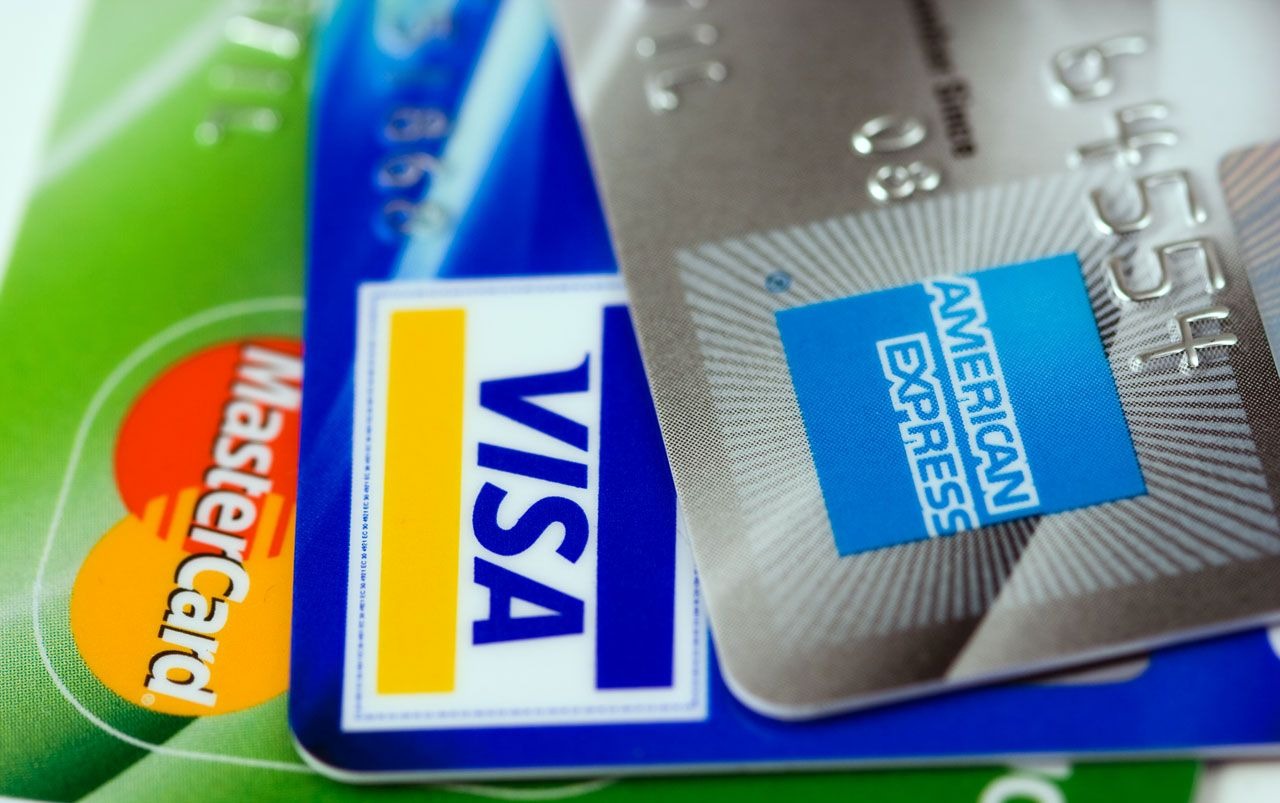If you’re living in the UK, you’ve likely received at least one questionable text or email from a malicious scammer. Unfortunately, credit card scams are on the rise across the country, and with perpetrators becoming better at disguising themselves, it’s more important than ever to be aware of the dangers and take steps to prevent yourself from becoming the next victim.
The good news is there are plenty of things you can do to avoid being scammed. From questioning that unexpected text to keeping your card details safe, you can protect yourself by being aware of potential scam opportunities and taking precautions.
Here, we outline some tips to avoid credit card scams in 2022.
Be cautious with your card and card details
It’s easy for a thief to spend your money if they steal your card, particularly now that contactless payments are so widely available. Avoid anyone intercepting your details by using a virtual card or wallet wherever possible.
While it can be tempting to save your card details with websites you use regularly, this can make you an easier target for hacking or data theft, so it’s best to avoid doing this. If you’re purchasing things online, make sure you always use a private network as your data can easily be intercepted on a public one.
Stay alert
It used to be easy to identify a scam. Words would often be misspelt, or the tone of the message would seem a little off. However, scammers and hackers are becoming smarter, making it harder to identify them before it’s too late.
The best rule of thumb is to always check something before taking action, even if you think the message has come from a trustworthy source, like the government or HMRC. All it takes is a phone call to whoever the message is claiming to be from to confirm whether it’s legitimate.
What are some common scams?
Scammers often strike after a tragic event or natural disaster, like an earthquake or tsunami in a country overseas. They’ll usually call or email claiming to be from a charitable organisation such as The Salvation Army and ask for a donation in aid of the cause.
Following the COVID-19 outbreak, scammers took advantage of people who were hoping to book their vaccines. Claiming to be from the NHS, they sent texts and emails leading unsuspecting victims to a page where they could pay a “booking fee” to arrange an appointment.
If you receive a suspicious text, ensure you report it to protect yourself and others from cybercrime. You may be protected against fraud if you use a credit card to make a fraudulent purchase, as many credit card providers will reimburse you for your loss.
